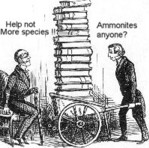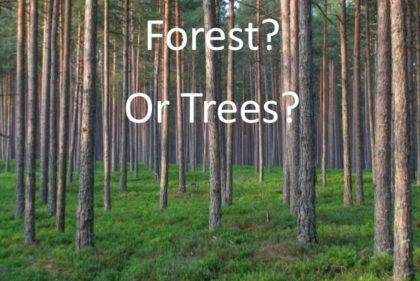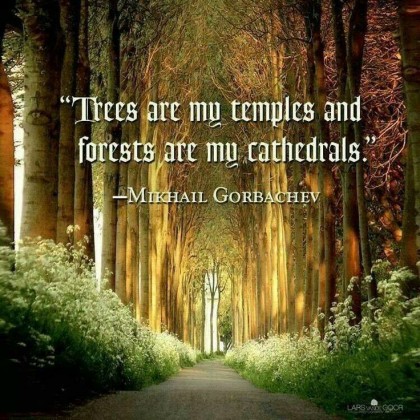Imbolc Imbolc Moon
 Last night at Beth Evergreen three presenters, a University of Colorado Regent, a newly hired diversity specialist for Jeffco schools and an Evergreen woman, formerly a philanthropist and LGBT activist, now working in corporate social responsibility spoke about labeling and identity. It was, in some ways, disappointing.
Last night at Beth Evergreen three presenters, a University of Colorado Regent, a newly hired diversity specialist for Jeffco schools and an Evergreen woman, formerly a philanthropist and LGBT activist, now working in corporate social responsibility spoke about labeling and identity. It was, in some ways, disappointing.
Though the focus was on labeling, someone or something else (like census forms, school boards, the dominant culture) describes you, and identity, you describe yourself, the topic veered rapidly into a mode of doublespeak. It’s difficult to describe, but identity politics has become a minefield of careful positioning, trying not to cause offense, and further and further journeys into talking but not changing. Each person in the room last night, presenters and audience included, brought authentic concern and a willingness to be part of a solution. But, to what?
I kept thinking of the hoary argument in plant classification between lumpers and splitters. The same analytical dynamic plays out in many fields. Lumpers look for commonalities, seek to reduce the number of categories in any particular area of study while splitters look for differences, for nuanced distinctions that allow uniqueness to flourish. Neither approach is right or wrong, it’s almost a psychological tendency, I think, rather than a reasoned stance.
 In identity description the nod now goes to splitters. As one presenter last night said, “I see gender like the stars in the sky, some may be brighter, more prominent, but there are many stars in the sky.” That’s breathtakingly broad.
In identity description the nod now goes to splitters. As one presenter last night said, “I see gender like the stars in the sky, some may be brighter, more prominent, but there are many stars in the sky.” That’s breathtakingly broad.
A key word that emerged last night was fluidity. It basically means that the ground shifts frequently in this conversation, not least because people claiming their own identity often make different distinctions as they learn more about themselves and their community. There are, too, regional differences and age cohort differences. It’s a splitters’ paradise.
Here’s why it was disappointing to me. It felt like conversations from the mid to late sixties, though those were blunter in their focus. They were, at least at first, focused on civil rights for African-Americans, or Blacks, or Black-Americans. The power moves involved in labeling versus identifying were in bold relief. We’re not niggers or coloreds or darkies. We’re Americans with a particular historical background.
Remember Black is beautiful? Afros. Kente cloth. Angela Davis. Malcolm X and Martin Luther King. Last night was the contemporary version: male, female, bisexual, pansexual, transsexual, intersexual, asexual. Gay. Lesbian. It all felt depressingly familiar, as if we’d moved in time away from the sixties, but not in content.
 That’s not to say that “racial” distinctions were absent from the conversation. Not at all. Unfortunately. The strange, weird thing about this is that race is a nonsense category, not supported by genetics at all. So creating a splitters nomenclature for various “races” reinforces a non-existent and damaging conceptual paradigm. Of course, the culture, in diverse ways, uses race as a placeholder for attaching secondary characteristics to others. Of course it does. But how do we move away from that convenient slotting, or lumping of people based on skin color? Does it happen by emphasizing color? It cannot. Does it happen by ignoring the racist who does? No.
That’s not to say that “racial” distinctions were absent from the conversation. Not at all. Unfortunately. The strange, weird thing about this is that race is a nonsense category, not supported by genetics at all. So creating a splitters nomenclature for various “races” reinforces a non-existent and damaging conceptual paradigm. Of course, the culture, in diverse ways, uses race as a placeholder for attaching secondary characteristics to others. Of course it does. But how do we move away from that convenient slotting, or lumping of people based on skin color? Does it happen by emphasizing color? It cannot. Does it happen by ignoring the racist who does? No.
And that was the problem I had with evening. There seems to have no movement forward in the land of identity politics, only movement crabwise.
I did not ask my question, because it occurred to me on the way home, naturally. “Has identity politics by the left contributed to, even caused, the rise of populism now roiling our nation?” That is, have we, in slicing and dicing the particulars of personal difference blinded ourselves to the plight of working class Americans? It seems so to me.
A movement against oligarchy, plutocracy and autarchy must be first made of lumpers. These lumpers must find, express and celebrate the commonalities among those who suffer as a result of concentrated wealth, purchased power, dynastic ambition. Right now we have given away our power with a navel-gazing splitter mentality. Of course, we must be able to define and describe ourselves. Yes. But we must not only reach for the unique and particular, but for the broader and more universal. No political change can come without joining hands, so the more difficult, the more necessary task in the Trump era belongs not to the splitters but to the lumpers.
